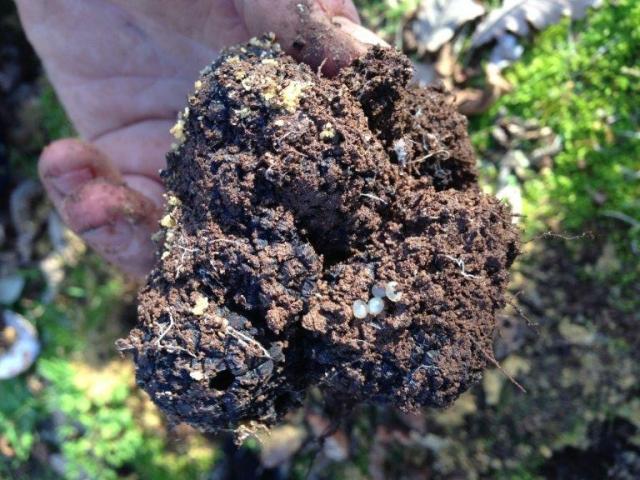Welcome to the project

Welcome to the first newsletter of the project Pests and diseases of truffles and their host trees in Australia, which is running from 29 May 2015 to 10 Jan 2019. This Newsletter is a biannual update of project activities and will be produced in December and June each year of the project.
The Department of Agriculture and Food, Western Australia is the lead agency in conducting this project and involves a team based in WA and eastern Australia.
This R&D project seeks to systematically identify and catalogue the range of pests and diseases observed in Australian truffle orchards and to develop an information package for growers on orchard best management practice. This will be achieved by collating data from grower surveys and intensive monitoring in some orchards. A conduit for all growers to have potential pests identified will be made available – for detail on this, see the article on the truffle pest enquiry line in this newsletter. Slugs, snails and collembolans have been recognised already as important pests to be investigated in detail.
Pest management in truffle orchards is relevant to both the establishment and ongoing maintenance of host trees. Also the yield and quality of the truffles are affected by invertebrate pests directly as well as indirectly through their contribution to truffle rot.
There has been little systematic observation and documentation of the pests and diseases of either the host trees or the truffles in Australia and consequently there is only limited information regarding management of the problems associated with pests. This project seeks to address this gap and provide truffle producers with a source of information on the identification of pests, their likely economic and/or environmental impact as well as information on their management.
The major components of the project are:
- Conduct a phone survey of truffle producers to assess the scope of pests and diseases and their management.
- Undertake regular monitoring at selected sites to document the occurrence, seasonality and impact of all pests for the life of the project.
- Answer enquiries from all producers to confirm the presence of known pests and diseases and to capture any unusual or new pest and disease issues and to provide a conduit for the identification and management options.
- Conduct a detailed study of the biology and management of slugs, snails and collembolans to clarify the species involved, their seasonality, damage caused and management options.
- Incorporate a review of best management practice for the major pests and diseases of truffles and their host trees in a management manual.
- Commence a mapping project to document location and other details of the Australian industry. This will be an ongoing exercise in the life of the project and beyond.
This project has now begun with the survey and orchard mapping underway in Western Australia, and mapping of truffle orchards in eastern Australia.
The project is financially supported by RIRDC, DAFWA, the Australian Truffle Growers Association, Truffle Producers of WA, The Australian National University, NSW DPI and Truffle and Wine Co. Manjimup.
The project team is made up of Stewart Learmonth, Helen Collie, Alan Jacob and Alison Mathews of the Department of Agriculture and Food WA, Alan Davey from Advyron RS Innovations, project officer from the Truffle and Wine Co. Manjimup WA, Celeste Linde of the ANU, Anne Mitchell of Manjimup Underground and Ainsley Seago from NSW DPI.
If you’re interested in other truffle information produced by the Department of Agriculture and Food, Western Australia they have web page on Cultivation of black truffles in Western Australia.
For any comments or questions in relation to the newsletter, please contact the project manager Stewart Learmonth: Ph (08) 9777 0167; stewart.learmonth@agric.wa.gov.au
